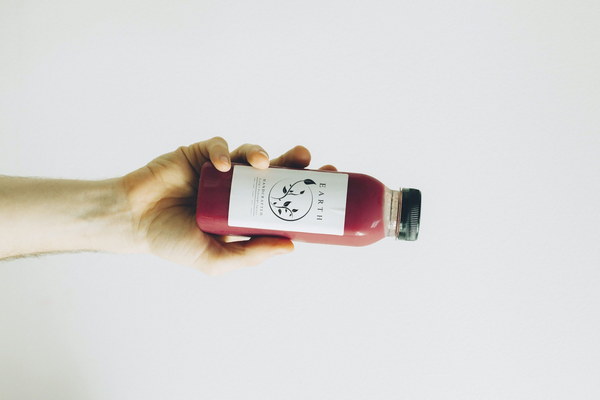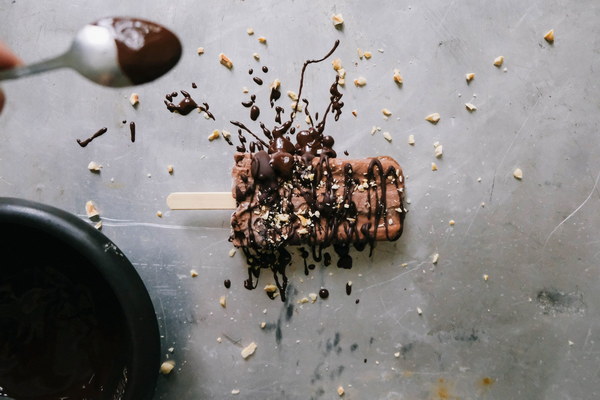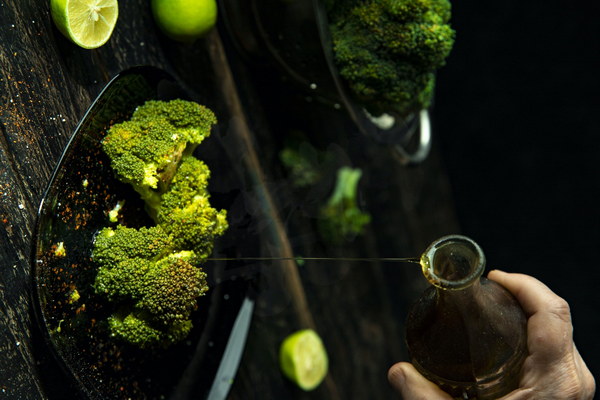What is the Most Effective Anti-Aging Treatment
In the quest for eternal youth, the market is flooded with anti-aging products, treatments, and diets. But what truly stands out as the most effective anti-aging treatment? Let's delve into the science and the trends to find out.
Diet and Nutrition
The foundation of anti-aging lies in what we put into our bodies. A balanced diet rich in antioxidants, vitamins, and minerals can significantly slow down the aging process. Berries, green tea, dark chocolate, and nuts are known for their high antioxidant content, which helps combat the oxidative stress that contributes to aging.
One study published in the British Journal of Nutrition found that consuming a diet high in fruits, vegetables, and nuts could delay the biological aging of cells by an average of 20 years. Additionally, omega-3 fatty acids found in fatty fish, flaxseeds, and chia seeds have been shown to reduce inflammation and improve heart health, which are both crucial in maintaining youthful vitality.
Exercise
Physical activity is another cornerstone of anti-aging. Regular exercise helps maintain muscle mass, improves cardiovascular health, and boosts the immune system. Studies have shown that individuals who engage in regular exercise have a lower risk of chronic diseases associated with aging, such as diabetes and heart disease.
Aerobic exercises, such as walking, running, and cycling, are particularly beneficial as they improve circulation and oxygen delivery to the body's tissues. Strength training, on the other hand, helps maintain bone density and muscle mass, which can prevent the frailty often associated with old age.
Sleep
Quality sleep is often overlooked as an anti-aging treatment, but it plays a crucial role in the body's repair and rejuvenation processes. During sleep, the body produces growth hormone, which is essential for tissue repair, muscle growth, and overall rejuvenation.
Research has shown that chronic sleep deprivation can accelerate the aging process, leading to increased levels of stress hormones, decreased immune function, and an increased risk of chronic diseases. Aim for 7-9 hours of quality sleep each night to ensure your body has the time it needs to rejuvenate.
Skin Care
The skin is the largest organ in the body and is often the first to show signs of aging. Proper skin care can help maintain its youthful appearance. Sun protection is paramount, as UV radiation is a primary cause of premature aging. Applying sunscreen with an SPF of at least 30 daily can significantly reduce the risk of skin damage.
Retinoids, a derivative of vitamin A, are known for their ability to stimulate collagen production and improve the texture of the skin. Additionally, peptides and antioxidants can help combat free radicals and reduce the appearance of fine lines and wrinkles.
Anti-Aging Treatments
While lifestyle factors are crucial, there are also various anti-aging treatments that can be effective, especially when combined with a healthy lifestyle. Some of the most popular treatments include:
- Botox: A neurotoxin that temporarily paralyzes facial muscles, reducing the appearance of wrinkles caused by repetitive movements.
- Dermal Fillers: Substances injected into the skin to plump up areas that have lost volume, such as laugh lines and nasolabial folds.

- Fractional Laser Therapy: A laser treatment that targets specific areas of the skin to stimulate collagen production and improve texture.
- Microneedling: A procedure that uses fine needles to create controlled micro-injuries in the skin, promoting collagen production and skin rejuvenation.
Conclusion
The most effective anti-aging treatment is a combination of a healthy lifestyle, proper nutrition, regular exercise, quality sleep, and targeted skin care. While anti-aging treatments can provide additional benefits, they should be used in conjunction with a proactive approach to maintaining youthful health. Remember, the goal is not to stop aging, but to age gracefully and healthily.









